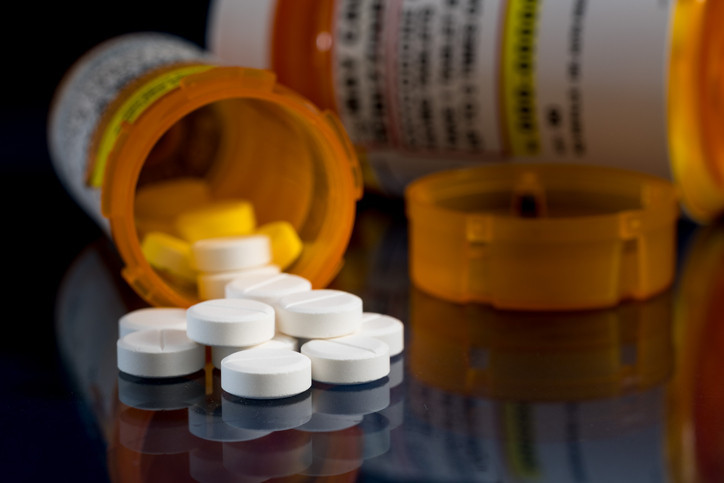HHP Medication Safety Watch: April 2022

This list contains selected items from the full FDA list of recalls, withdrawals, and alerts for medicines and certain health products. We've provided links to FDA information for each product and its maker. Unless otherwise noted, these actions apply only to the specific brand name of the product listed. Talk to your healthcare provider before stopping or changing any medicines or treatments that they have recommended for you.
Over-the-counter products and medicines
Two hand sanitizers recalled due to possible contamination
- Mickey Mouse Hand Sanitizer (maker: Best Brands Consumer Products, Inc.)
- The Mandalorian Hand Sanitizer (maker: Best Brands Consumer Products, Inc.)
Comment: The makers of these products are recalling some lots because testing found contamination: one lot of Mickey Mouse Hand Sanitizer was found to contain methanol and one lot of The Mandalorian Hand Sanitizer tested positive for benzene.
Drinking a product that contains methanol (also called wood alcohol) can cause nausea, vomiting, headache, or blurred vision. More severe toxicity includes permanent blindness, seizures, coma, brain damage, or death. In rare cases, toxicity could develop from applying contaminated hand sanitizer to the skin. Infants and young children are at particular risk of accidental poisoning. People with alcohol addiction and teens are also at increased risk.
Benzene is considered a carcinogen (a substance that can cause cancer). It can be absorbed through the skin. Extensive exposure to benzene, including repeated exposure over time, can cause leukemia, other cancers, and blood disorders.
See additional FDA recalls and alerts for more than 290 hand sanitizer products in recent years due to methanol or benzene contamination, bacterial contamination, inappropriate labeling, or other problems.
Male sexual enhancement supplement recalled due to contamination with prescription medicine
- Pink Pussycat capsules (maker: F&S Medical Supply, dba Pink Toyz)
Comment: One lot of this product has been recalled because FDA testing found that it contained sildenafil, a prescription medication taken to treat erectile dysfunction. Unintentional use of sildenafil may cause serious side effects, including dangerously low blood pressure. This is particularly likely to occur among people who take nitrates, a family of medicines often prescribed for people with diabetes, high blood pressure, or heart disease.
This recalled product is marketed as a dietary supplement for male sexual enhancement.
Prescription medicines
Insulin glargine recalled due to missing label
- insulin glargine injection (maker: Mylan Pharmaceuticals, Inc.)
Comment: One batch of insulin glargine has been recalled because some vials may be missing their labels. A missing label may lead to confusion about the type and dose of insulin, especially if a person is taking more than one type of insulin. Taking the wrong type or dose of insulin could lead to poor control of the blood sugar and cause either low or high levels with potentially serious consequences. For example, a markedly low blood sugar may cause confusion or seizures, and high blood sugar may cause diabetic coma.
Insulin glargine is a long-acting type of insulin prescribed for some people who have diabetes.
Blood pressure medicine recalled due to contaminant
- Accuretic (quinapril HCI) tablets, 10 mg, 20 mg, and 40 mg (maker: Pfizer)
Comment: Five lots of this medicine have been recalled due to detection of a nitrosamine, called N-nitroso-quinapril, in higher than acceptable levels. Nitrosamines are commonly present at low levels in water and foods. However, exposure to higher than acceptable levels over time can potentially cause cancer.
Quinapril is prescribed to treat high blood pressure (hypertension) and heart failure.
Read additional issues of HHP Medication Safety Watch
Disclaimer:
As a service to our readers, Harvard Health Publishing provides access to our library of archived content. Please note the date of last review or update on all articles.
No content on this site, regardless of date, should ever be used as a substitute for direct medical advice from your doctor or other qualified clinician.












